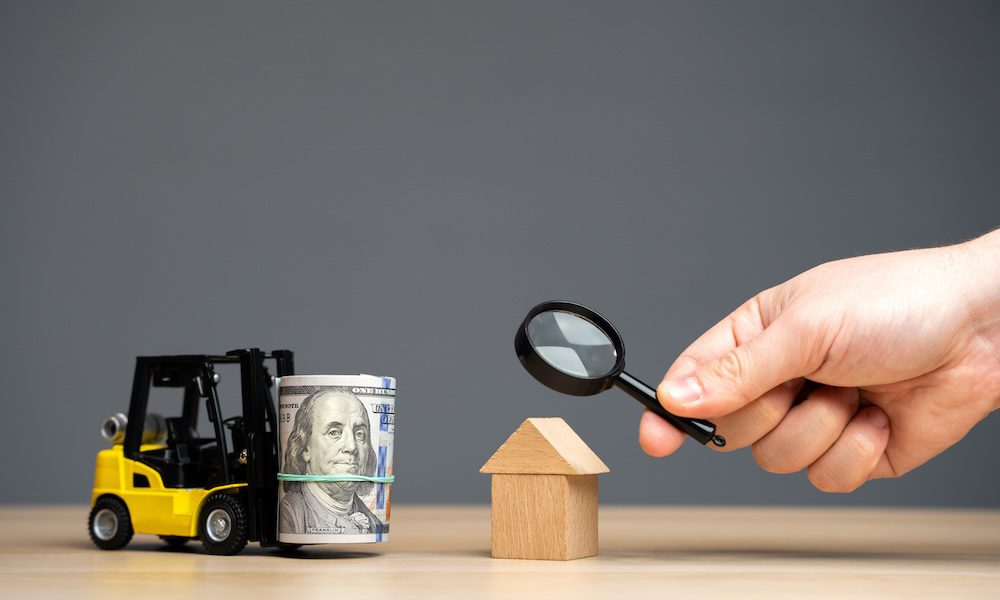
This month, I wanted to take a quick moment and talk about another common question that we receive frequently; the question of “how much will my premium go up at my next renewal”? This is a tricky question and one that is somewhat hard to pin down. The reason being, there are many factors that play in to a client’s premium both on a holistic basis and an individual basis. However, there are some common things to consider. From a big picture or state-widestandpoint; severe weather, inflation, fraud, litigation, increased reinsurance costs, fatality rates, claims severity and frequency and more all contribute to premium increases. Kiplinger shed a bit of light on these types of factors. Also, when you hear of large settlements related to a particular line of business, this is an indication that premiums may increase across the board. When a particular claim type suddenly starts becoming popular ie….. sinkholes, hail damage, (to the point that it shows up on billboards), that is an indication of a potential mass increase across the board. When you see advertisements for people profiting from insurance versus being “made whole”, that is an indication of a potential widespread increase. Lastly, when you start to hear ofinsurance company’s filing bankruptcy, that is usually another indication of a potential widespread increase. The Tampa Bay Times had an interesting article published in August of 2023 addressing rate increases in Florida and stating that nearly all of the largest carriers imposed steep increases last year for various reasons.
With that said; there are numerous factors that come into play on an individual basis as well. Items such as multiple claims, or even a large individual claim can trigger a rate increase. For auto insurance, it can be something like multiple tickets and/or accidents, DUI’s or even windshield and towing claims. Another item that we see happening quite a bit is, windshields being replaced so frequently that the carrier needs to raise the insureds rate to cover the additional cost of the windshields. On a side note; if you have a fleet of trucks and you are filing lots of windshield claims, take a look at how much your premium is going up every year. You may come out ahead if you pay for some of them out of pocket. Again, a decision that should be made after speaking to your agent, and reviewing your loss runs.
What if it’s a “Not At Fault” claim, will that affect my premium? It can, based on your past claims and the issues surrounding the Not At Fault claim. For instance, we had a client who hadhad three Not At Fault motorcycle claims. Each one of the claims was a high amount and the client was using their own policy’s uninsured/underinsured motorist coverage to pay for theirdamages. This is common with motorcycle claims since the at fault party will most likely not have enough insurance (due to the nature of motorcycle accidents) to cover your damages. In this customer’s case, the insurance company simply said “they just have bad luck. However, we are losing our “shirts” on them, so we are non-renewing them”. I use that as an extreme example toemphasize how premiums and eligibility can be affected, even by Not At Fault accidents. The Zebra provided information in 2023 of how not at fault claims affected rates on average 6 monthpremiums. Another example is the number of Personal Injury claims a person files against their own policy. Due to the amount of fraud surrounding Personal Injury Protection (PIP) claims;multiple claims can result in increased premiums at renewal, or even trigger cancelations. Lastly, insurance rates, much like every other product in the world, go up with time. The cost to litigate claims, pay staff, pay re-insurance costs etc………. all go up with the rise in inflation. Most people that you talk to now will say they paid more for their last car, then they did for their first house! In general, insurance rates will rise anywhere from 5% -20% each year, depending on the products and the above factors. When rates rise above 20%; that is when you may want to consider contacting your agent to discuss ways to reduce your premium. However, something to keep in mind is that sometimes the “cheapest is the most expensive”. This concept rings true in insurance as well. Again, just because a carrier raises their rates doesn’t mean they are bad. Vice versa, just because a carrier has cheap rates doesn’t make them good.
In closing, it is tough to say exactly how much your insurance will increase at your next renewal based on the above factors. However, using the above guidelines, you can certainly minimize the amount that it will increase.

